Myanmar activists, victims file criminal complaint in Germany over military atrocities
Activists and a number of victims of abuse in Myanmar have filed a criminal complaint in Germany, asking prosecutors to investigate top generals for instigating genocide against Rohingya Muslims and other atrocities since a military coup two years ago.
Fortify Rights, a human rights group backing the complaint, said on Wednesday that the 16 individual complainants in the Myanmar filing included ethnic Rohingya and others who survived or witnessed crimes in Myanmar since the coup.
The complainants represent several ethnicities including Arakanese (Rakhine), Bamar, Chin, Karen, Karenni, Mon, and Rohingya.
According to Fortify Rights, the complaint was seeking accountability both for the military’s brutal crackdown against Rohingya in Rakhine State in 2016 and 2017, and for crimes perpetrated by the military in other regions across the country.
Matthew Smith, CEO and co-founder of the rights group, said that “members of the military junta should not feel safe from justice in this world, and they must be held accountable.”
“This complaint provides new evidence proving that the Myanmar military systematically killed, raped, tortured, imprisoned, disappeared, persecuted, and committed other acts that amount to genocide, crimes against humanity, and war crimes in violation of German law,” he added.
The filing is the latest in a series of international legal efforts to try to hold Myanmar’s junta accountable for atrocities against the country’s Rohingya Muslim minority.
In 2019, majority-Muslim Gambia brought a case against Myanmar for genocide at the the International Court of Justice (ICJ) on behalf of the 57 member states of the Organization of Islamic Cooperation. In July of that year, the court cleared the case to proceed, rejecting objections filed by Myanmar.
A United Nations body has also been gathering evidence about the military’s actions in Rakhine, and has expanded its work since the coup to cover the junta’s actions.
The latest filing of the complaint comes ahead of the second anniversary of Senior General Min Aung Hlaing seizing power from civilian leader Aung San Suu Kyi in February. Suu Kyi has been in detention since her government was overthrown in 2021.
The power grab has plunged Myanmar — which the UN accused of acting with genocidal intent in the 2017 campaign against the Rohingya — into renewed conflict.
By mid-August 2017, hundreds of troops had been flown into northern Rakhine. Weeks later, the Myanmar military began a brutal crackdown that sent about 800,000 of Rohingya fleeing to neighboring Bangladesh.
Suu Kyi at the time dismissed much of the criticism of the military. But a series of records from the period ahead of and during the expulsion of the Rohingya paint a different picture. The coup has also altered views in Myanmar and opened an unexpected window on the 2017 atrocities.
The mostly Muslim Rohingya have for decades been denied citizenship, rights, access to services and freedom of movement.
Enraged by the military’s brutal repression, civilian militias have taken up arms, while deposed legislators have set up a parallel government.
China slams US as ‘war-addicted’ threat to global security
China ‘firmly opposes’ US military aid to Taiwan
VIDEO | Press TV's News Headlines
President Yoon Suk Yeol to be removed from office
At least 19 Gazans killed by Israeli airstrikes since dawn: Medics
Leader: Iran neither has nor needs proxy forces
US fighter aircraft shot down ‘in friendly fire’ amid aggression on Yemen
Yemeni FM: Israel’s sponsors accountable for ongoing aggression on Sana’a


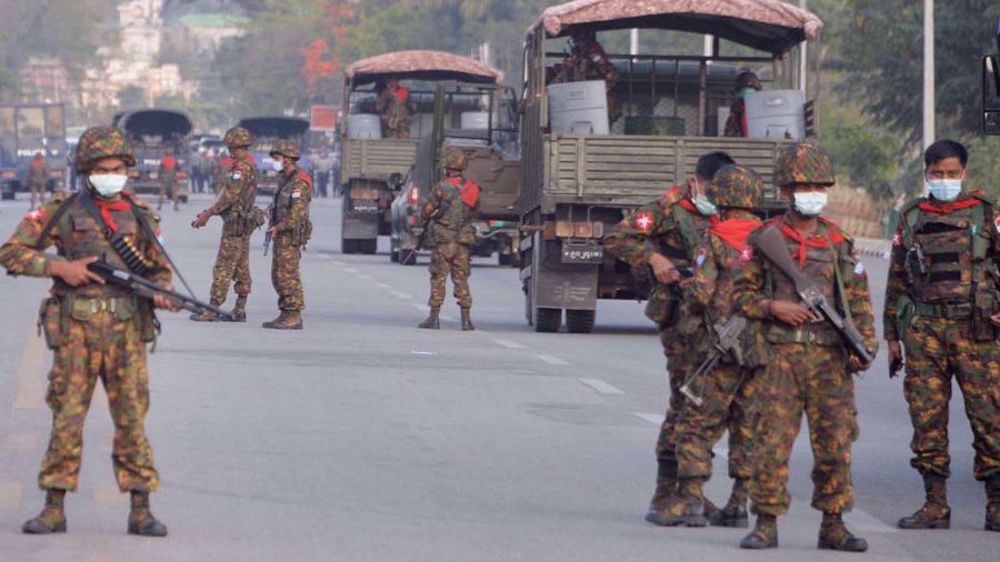
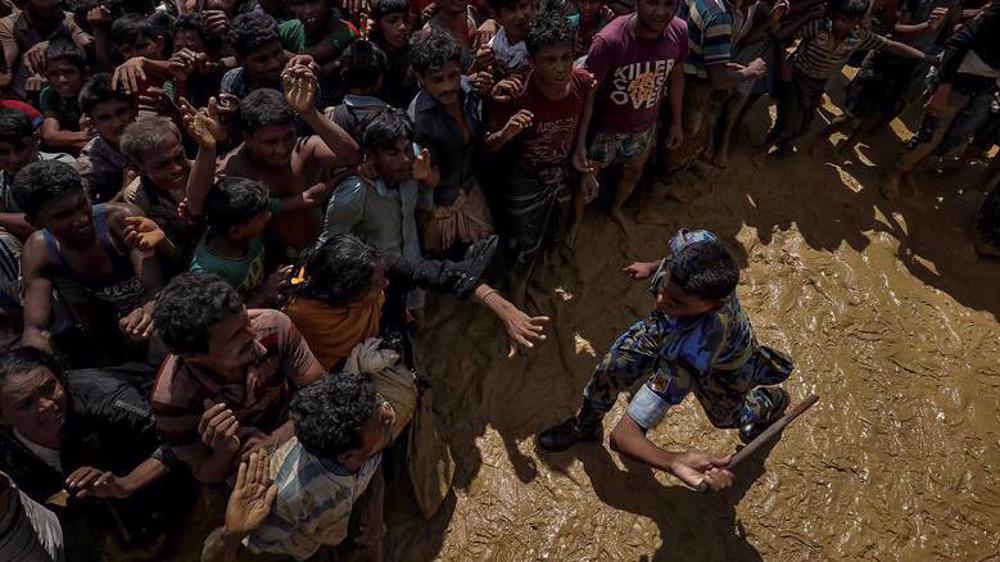
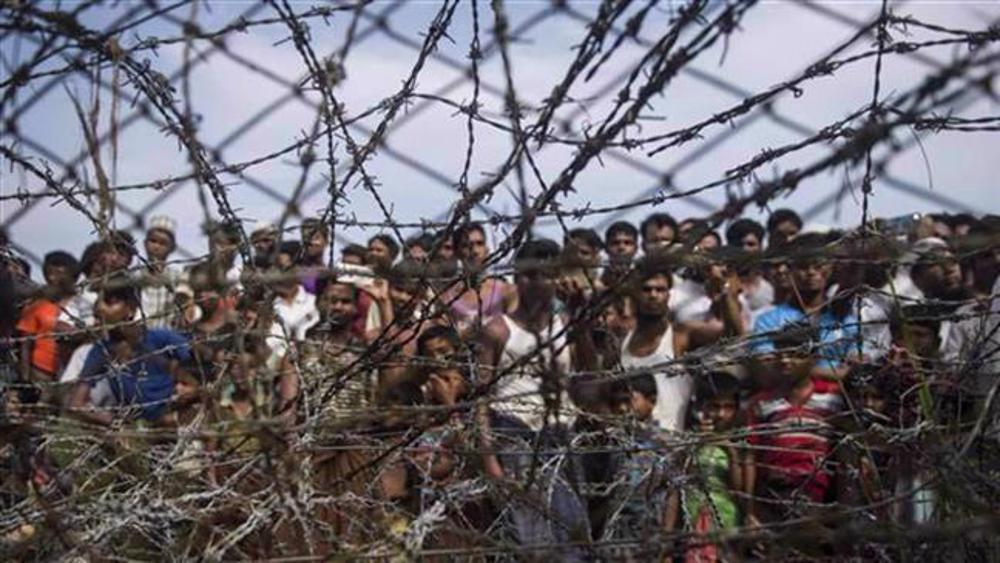






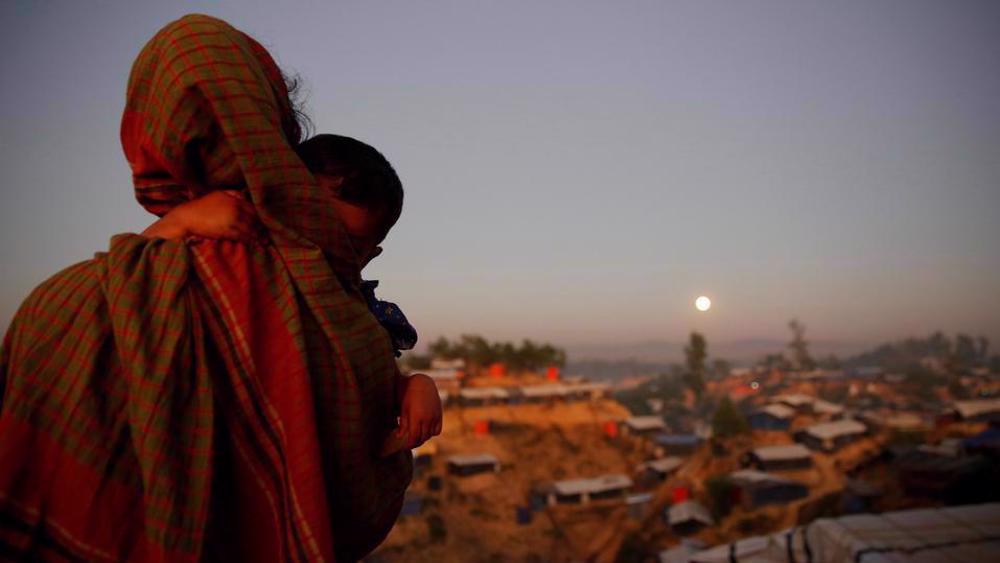
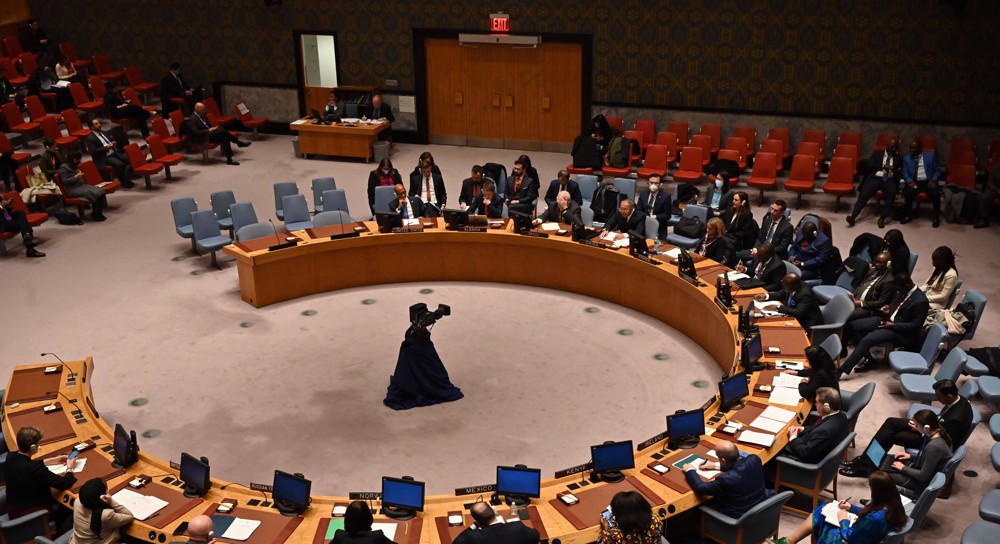
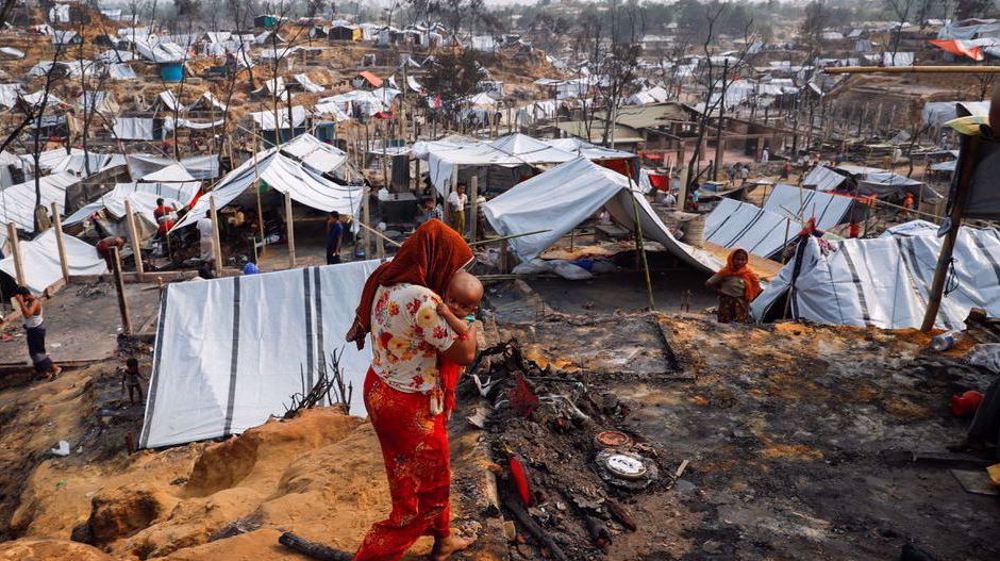
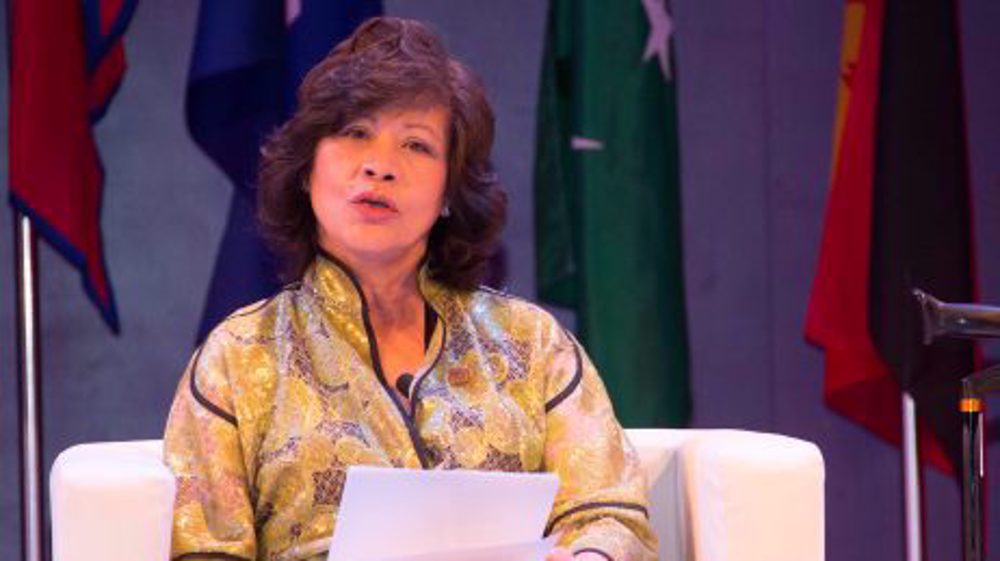
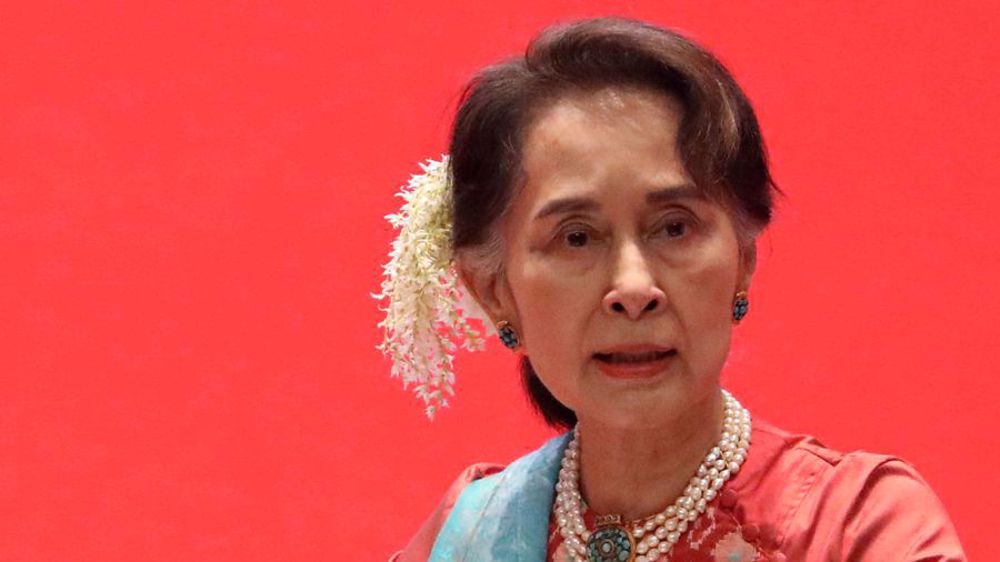
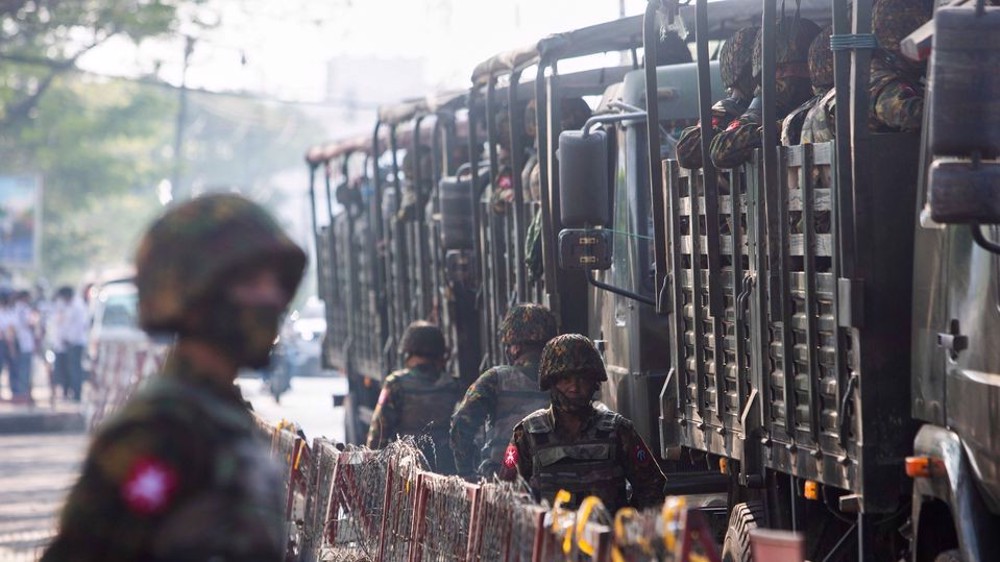
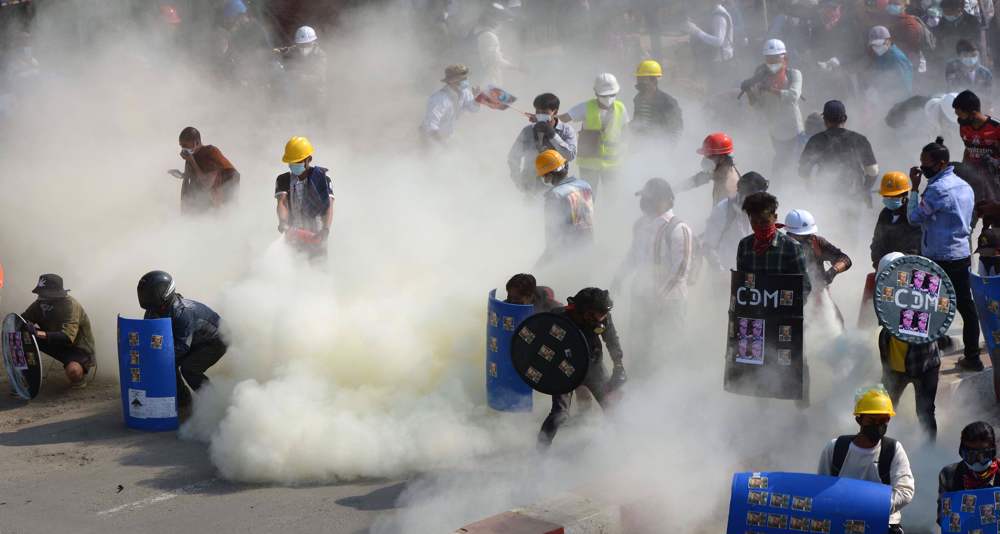
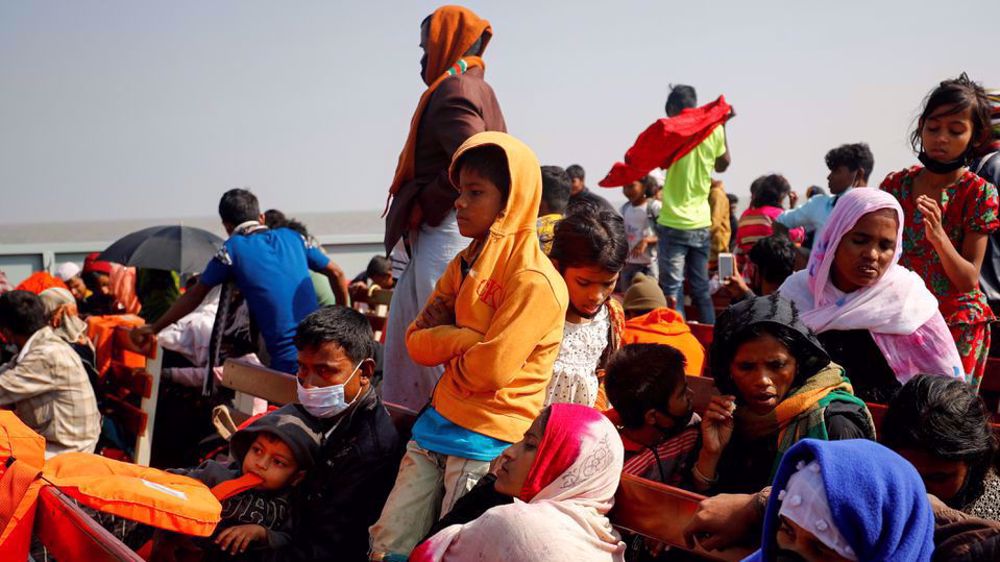
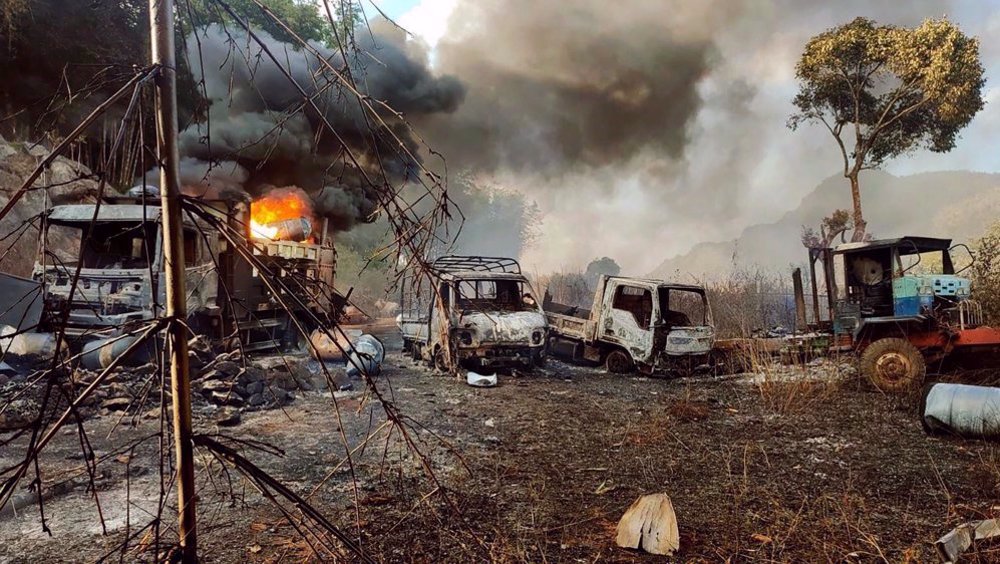

 This makes it easy to access the Press TV website
This makes it easy to access the Press TV website